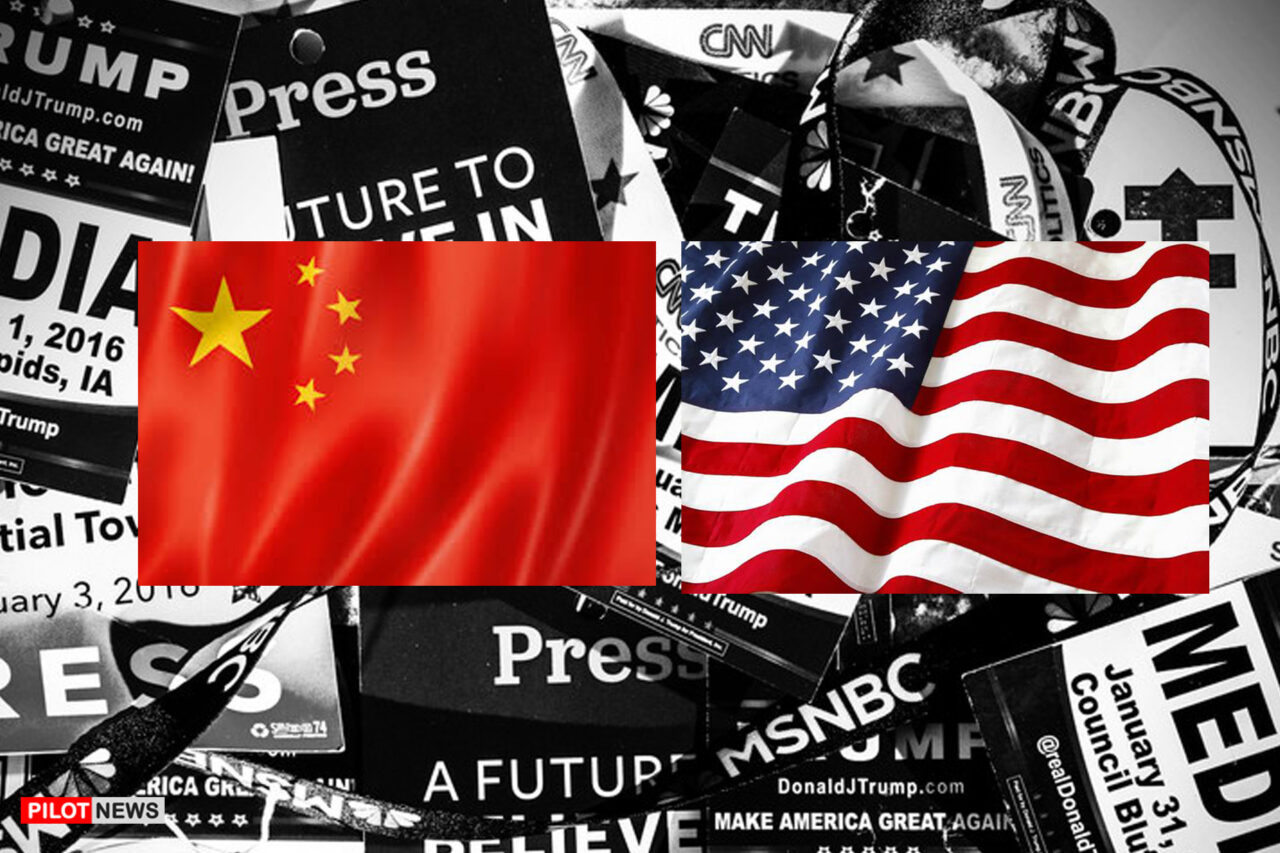Free speech is one of the fundamental human rights, universally recognized and protected. Like the rest of the countries of the world, the Nigerian constitution provided for the protection of this law as a result of its importance and relevance to uphold personal liberty and democracy.
However, the right to free speech is not absolute anywhere. There are recognized restrictions and exceptions to the right. Some of which are the law of defamation, incitement.
As a result of this, the new media (social media in particular) have incorporated policies that allow for the existence of the law of defamation, incitement, and the other restriction to free speech.
It is on this background that 12 social media companies have either restricted or banned the United States President, Donald Trump, who was allegedly claimed to have incited rioters to obstruct a democratic process.
On Wednesday, Trump supporters had stormed a session of the US Congress held to certify Joe Biden’s election win, triggering unprecedented chaos and violence at the heart of American democracy and accusation that the US President was attempting a coup.
Hours after an extraordinary attempt by Trump to overturn the election, a flag-waving mob broke down barricades outside the Capitol, swarmed inside, rampaging through offices and onto the usually solemn legislative floors.
It was reported that at least five persons died in the riot generally believed to be incited by the US President.
The summary of this is that the American media controls the government, and restricting the President’s media presence is a testament to this fact.
On the contrary, the media in China is controlled by the government and there has been underreporting of human rights abuse by the Chinese media.
In 2018, the Human Rights Watch, an international organization, wrote an overview of the human rights record in China. Positing that the growing global power of China made it an exporter of human rights violation.
The article reads in part, “Authorities dramatically stepped-up repression and systematic abuses against the 13 million Turkic Muslims, including Uyghurs and ethnic Kazakhs, in China’s northwestern Xinjiang region. Authorities have carried out mass arbitrary detention, torture, and mistreatment of some of them in various detention facilities, and increasingly imposed pervasive controls on daily life. New regulations in Tibet now criminalize even traditional forms of social action, including community mediation by religious figures. In Hong Kong, a region promised “a high degree of autonomy” under the Sino-British Joint Declaration, the Chinese and Hong Kong governments hastened their efforts in 2018 to undermine people’s rights to free speech and political participation.
“Human rights defenders continue to endure arbitrary detention, imprisonment, and enforced disappearance. The government maintains tight control over the internet, mass media, and academia. Authorities stepped up their persecution of religious communities, including prohibitions on Islam in Xinjiang, suppression of Christians in Henan province, and increasing scrutiny of Hui Muslims in Ningxia.
“Authorities increasingly deploy mass surveillance systems to tighten control over society. In 2018, the government continued to collect, on a mass scale, biometrics including DNA and voice samples; use such biometrics for automated surveillance purposes; develop a nationwide reward and punishment system known as the “social credit system”; and develop and apply “big data” policing programs aimed at preventing dissent. All of these systems are being deployed without effective privacy protections in law or in practice, and often people are unaware that their data is being gathered, or how it is used or stored.
“In 2018, animated by the global #MeToo movement, a number of Chinese women stepped forward exposing people who they said had sexually harassed them. Government censorship dampened subsequent public outrage.”
In 2018, the article claimed that the Chinese government sought to block the participation of its critics in the United Nations. The Asian country is also ranked among countries singled out for reprisals against human rights defenders.
An excerpt said, “China’s growing global power makes it an exporter of human rights violations, including at the United Nations, where in 2018 it sought to block participation of its critics. China again ranked among countries singled out for reprisals against human rights defenders, and in March successfully advanced a Human Rights Council (HRC) resolution on a retrograde approach that it calls “win-win” or “mutually beneficial” cooperation. In this view, states do not pursue accountability for serious human rights violations but engage merely in “dialogue”; moreover, there is no role for independent civil society, only governments, and a narrow role for the UN itself.”
English novelist, George Orwell, in his dystopian social science fiction, “Nineteen-Eighty-Four” prophesied the consequences of a totalitarian, mass surveillance and repressive system of human and behaviors in a society. Manipulation of truth and fact in a politically controlled society.
Nigeria, especially under President Muhammadu Buhari’s administration has been enjoying a cordial relationship with China. Despite public criticism of mass borrowing from China by Buhari’s government, the Nigerian authorities have given deaf ears to the voice of its people and maintained alignment with the Chinese government.
The Nigerian government is not just borrowing money from the Chinese authorities but as well as borrowing its policies, especially against free speech. This is contrary to the position of many Nigerians who advocate for free speech.
The Nigerian government through its minister of information and culture, Lai Mohammed, seeks the intervention of the legislature to “dominate” and control what Nigerians post on social media.
A Nigerian media, Premium Times quoted Mohammed saying, “If you go to China, you cannot get Google, Facebook or Instagram but you can only use your email because they have made sure that it is regulated”.
If the government has cited China as an example to follow, does that mean that China is a good example to follow? If China is a good example to follow, does that mean that Nigerians should expect a fair regulation of social media? Will it give us the democratic system in our aspiration?


